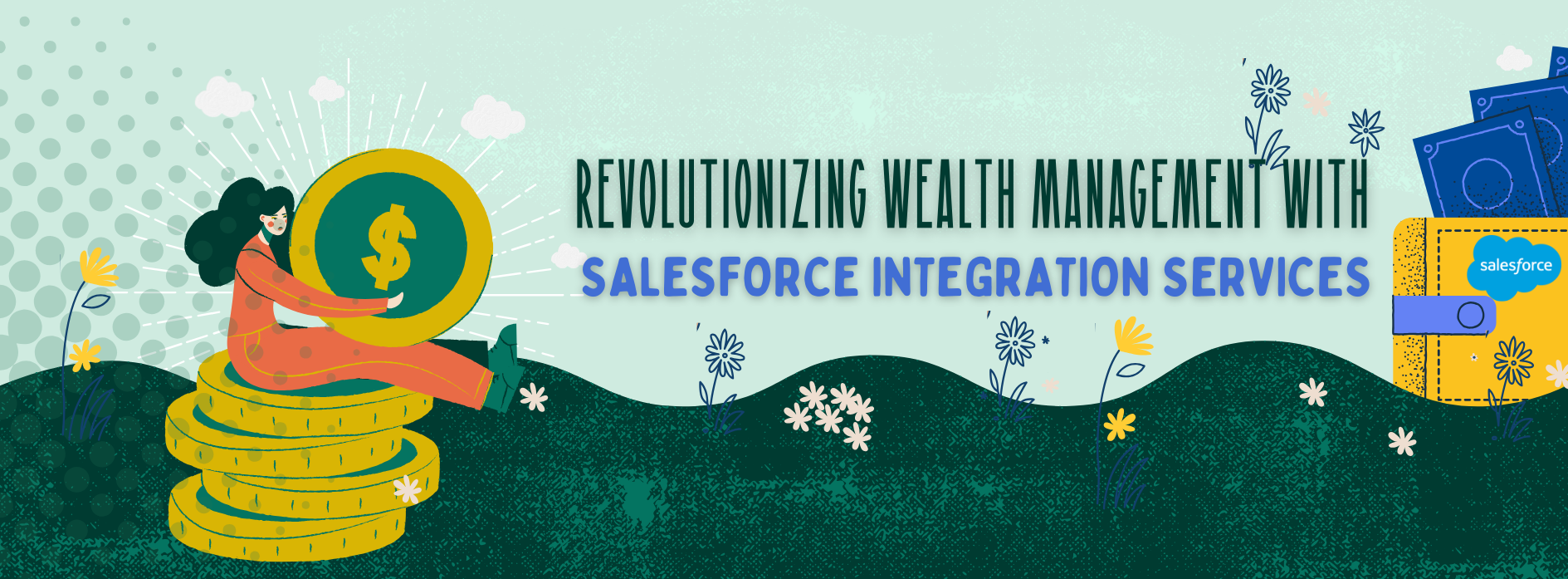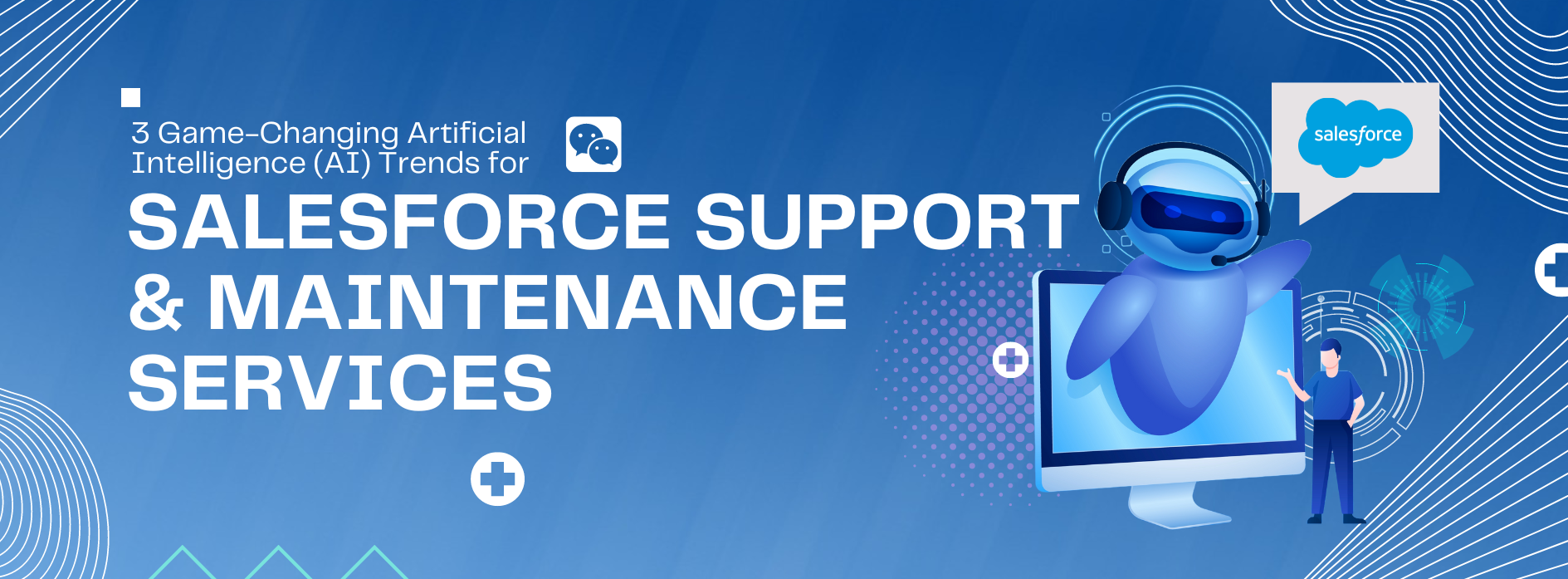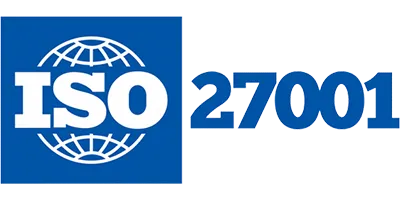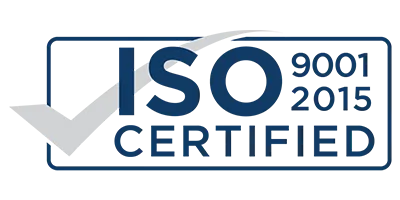Are you thinking of investing in CRM technology but are not aware of the CRM requirements checklist?
Businesses that are seeking CRM software development often have to face such situations where they ponder on the effective CRM checklist.
Investment in CRM technology like Salesforce implementation services demands huge resources in terms of time, cost, and effort. One wrong decision, bring every resource at stake.
In short, the selection of a customer relationship management system is intimidating. Every business wants a solution that can lead to an improved sales process, increased revenue, optimized operational costs, and elevated IT efficiencies.
In this post, we will tell you all the features and pre-requisites that will prove handy to you at the time of CRM software requirements gathering for your business.
Let’s begin with our guide to CRM requirements gathering & key features.
Analyzing and Identify Your CRM Requirements
The first step to CRM analysis is the well-planned requirement gathering. If you get this right, you will get well-fitted CRM software that will elevate your resources and offer tangible benefits to your company. The first thing that you want is a solution with specific features that is useful for your business, users, and clients.
Below are mentioned a few important points through which you will get to learn how to identify CRM requirements.
Analyze Your CRM Needs
Lay the foundation of CRM software requirement gathering by knowing your most important business-centric CRM needs. The process analysis process will make your remaining process effective and more time-efficient.
Here’s how you can analyze your CRM needs:
- Identify the Goal You Want to Achieve – Set a plan and expectations. It will lessen the burden and help you end up with a solution that everyone likes.
- What are you looking for, a full-fledged system or a specific solution?
- Who is your customer base, B2C or B2B?
- Do you want complete CRM migration services or need to get better visibility?
- What would be all the possible outcomes with respect to the sale, marketing, analytics, performance tracking, collaboration, etc.?
- The Level of Technical Assistance Require – Some CRM software is complex & requires IT expertise, while others are user-friendly and are easy to set up.
By analyzing the level of technical assistance, you will streamline the further process. The implementation of complex CRM requires you to work with a CRM implementation partner or a company, and that is much easier than setting up an in-house team.
- How Big is Your Business? – CRM software are different in nature and functionalities. There are CRM that are only meant for big or small scale businesses, while there are some like Salesforce CRM that can work excellently with any business.
The level of complexities in CRM implementation services comes with the level of complexities in a solution. Make sure you have proper resources to handle the system’s demand or else you will end up with non-effective results.
- Cost of Solution – This factor is associated with the point discussed above. The cost of a CRM solution for a large enterprise is way higher than the CRM software for small businesses.
CRM implementation & integration services for large businesses require more technical assistance & implementation support; it drives up the cost of CRM.
- Does Your Vendor Provide Industry-Specific Solutions- The selection of CRM vendors is also pivotal in requirement analysis. Make sure that they offer those CRM features that support the industry your business is in.
It will help you stay relevant to industry standards, and you can serve your clientele in a more effective manner.
- Accessibility of CRM Solution – Multiple people use CRM software in a company. There are different teams like sales, marketing, support, etc. that will be requiring CRM accessibility to execute their task. Therefore, it is advisable to consider the number of people that will be using the system. Also, measure the amount of data that you need to gather, process, and store on a daily basis.
Knowing the number of users is not sufficient, you should also have a fair idea of how and when those users will access CRM software. Here are a few points you can consider while you weigh up your CRM usage requirements:
- The number of users in the office and the number of remote workers.
- The device & operating system used by the remote workers.
- Is the new system affordable?
- Can your legacy dovetail with the new CRM?
- The location where you like to locate CRM.
- Will it be a system installed software or a cloud-managed system?
- The capacity of your servers if you want self-hosted CRM.
- The data backup procedure.
- Supplier’s average downtime if going for the SaaS route.
Features To Look in a CRM, Before You Make Final Decision
CRM system implementation is a daunting and long task. It requires thorough expertise. But if you want to do self-study on CRM features, before going to a Salesforce consulting company or any CRM partner, these few points will help you with the same:
- CRM Features for Marketing – Check if the CRM solution you would like to adopt, will it help you match products or services with the need of your clients, will it improve customer engagement, will it increase sales, and will it elevate the return of CRM investment.
- CRM Features for Sales – A good & suitable CRM always improve business sales. Make sure your CRM also has qualities like contact management, lead management, sales forecasting, custom pipelines, sales performance management, etc., which will maximize your business sales.
- CRM Features for Customer Service – Analyze that the CRM which you want to adopt enables you to listen to what your customers have to say, understand their needs and problems, and offer them customer-centric superior solutions.
- CRM Features for Reporting & Analysis – Analyze that your preferred CRM prepares an in-depth and detailed report for you that empowers sales and marketing teams to forecast sales and further marketing strategies.
Some other advanced CRM features which you can consider before hiring a Salesforce CRM implementation company or any CRM implementation partner:
- Ability to plan, schedule and collaborate
- Voice Over IP aka VoIP
- Power to integrate with social media platforms
- Ability to run as per industry-specific workflows
- Defining CRM benefits like improved efficiency, increased sales, etc.
- The annual cost of the CRM
- Cost of CRM implementation services
- CRM mobility feature
- Cost of CRM integration services
- Capabilities to offer metrics and insights
- Adoption rate
- Rate of automation










